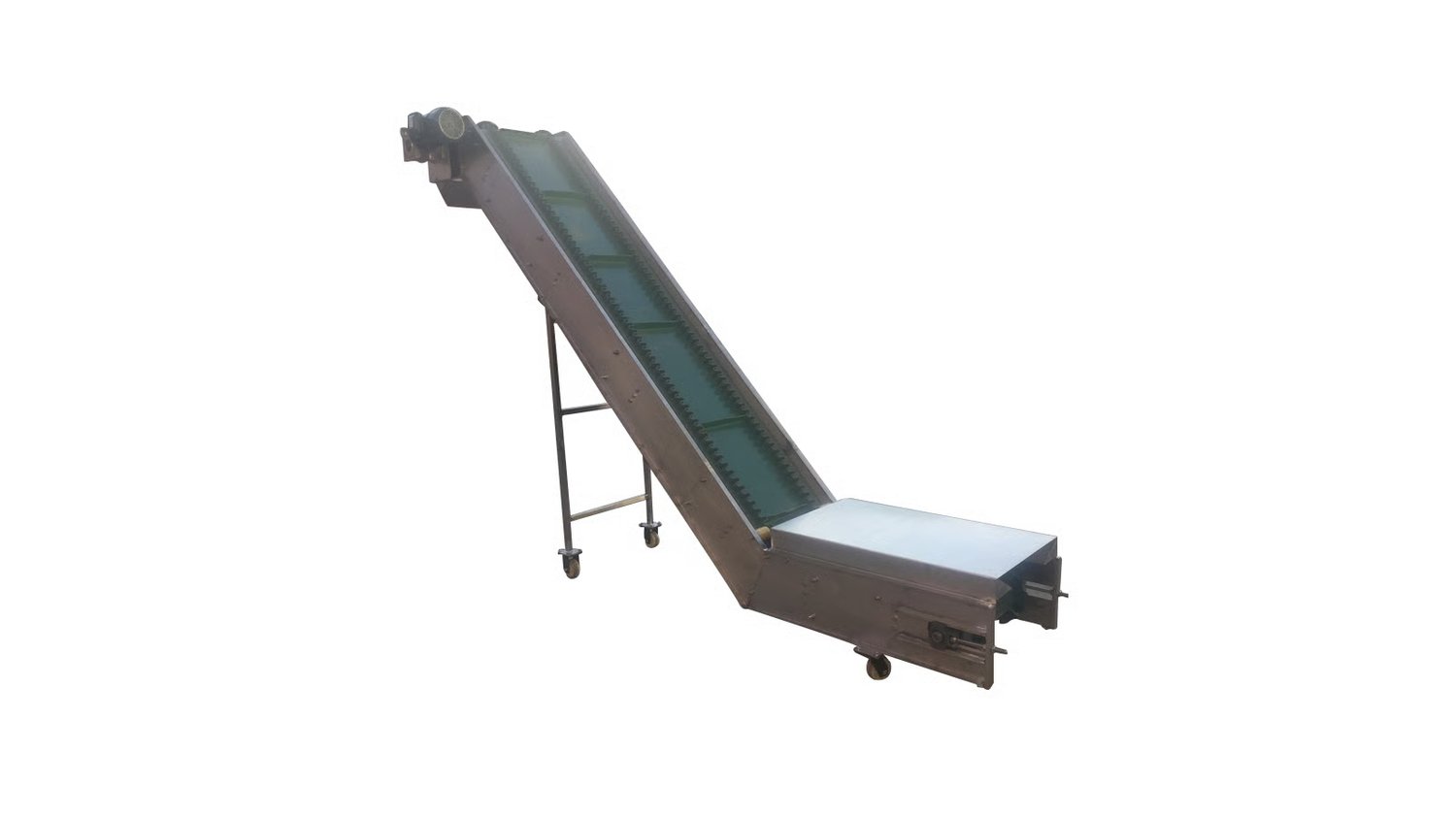A screw conveyor is a mechanical conveying system that utilizes a rotating helical screw blade to move granular and powdery materials. It is commonly used in industries such as agriculture, food processing, and manufacturing to transport materials from one location to another.
How Does a Screw Conveyor Work?
The rotating screw blade moves materials along the trough of the conveyor, effectively pushing them forward. The materials are contained within the conveyor system, preventing spillage and ensuring efficient transportation. The angle of inclination and speed of rotation can be adjusted to control the flow rate of the materials.
Types of Screw Conveyors
There are several types of screw conveyors, including horizontal screw conveyors, inclined screw conveyors, shaftless screw conveyors, and ribbon screw conveyors. Each type is designed for specific applications and material handling needs.
Benefits of Using Screw Conveyors
Screw conveyors offer several advantages, including minimal maintenance requirements, high efficiency, versatility in design, and the ability to handle a wide range of materials. They are also cost-effective and help streamline various industrial processes.
Applications of Screw Conveyors
Screw conveyors are used in a variety of industries for numerous applications, such as transporting grains in agriculture, moving bulk materials in construction, conveying powders in pharmaceuticals, and handling chemicals in manufacturing. They are essential for enhancing productivity and ensuring smooth operations.
Design and Components of Screw Conveyors
Screw conveyors consist of several key components, including the screw or auger, trough, bearings, seals, drive unit, and motor. The design and specifications of these components can be customized based on the specific requirements of the application.
Maintenance and Safety Considerations
Regular maintenance is essential to ensure the optimal performance of screw conveyors. This includes inspecting and lubricating moving parts, replacing worn components, and monitoring the overall condition of the conveyor system. Safety measures should also be followed to prevent accidents and injuries.
Environmental Impact of Screw Conveyors
Screw conveyors are a sustainable and eco-friendly option for material handling, as they help reduce energy consumption, minimize waste, and improve overall efficiency. By choosing screw conveyors, industries can contribute to environmental preservation and conservation efforts.
Future Trends in Screw Conveyor Technology
Advancements in material science, automation, and digitalization are shaping the future of screw conveyor technology. Integration of IoT sensors, predictive maintenance tools, and energy-efficient designs are some key trends that are revolutionizing the way screw conveyors operate.
Choosing the Right Screw Conveyor for Your Needs
When selecting a screw conveyor for your application, consider factors such as material properties, flow rate requirements, space constraints, and budget. Consulting with industry experts and manufacturers can help you choose the right conveyor system that meets your specific needs.
Quote Inquiry
contact us

